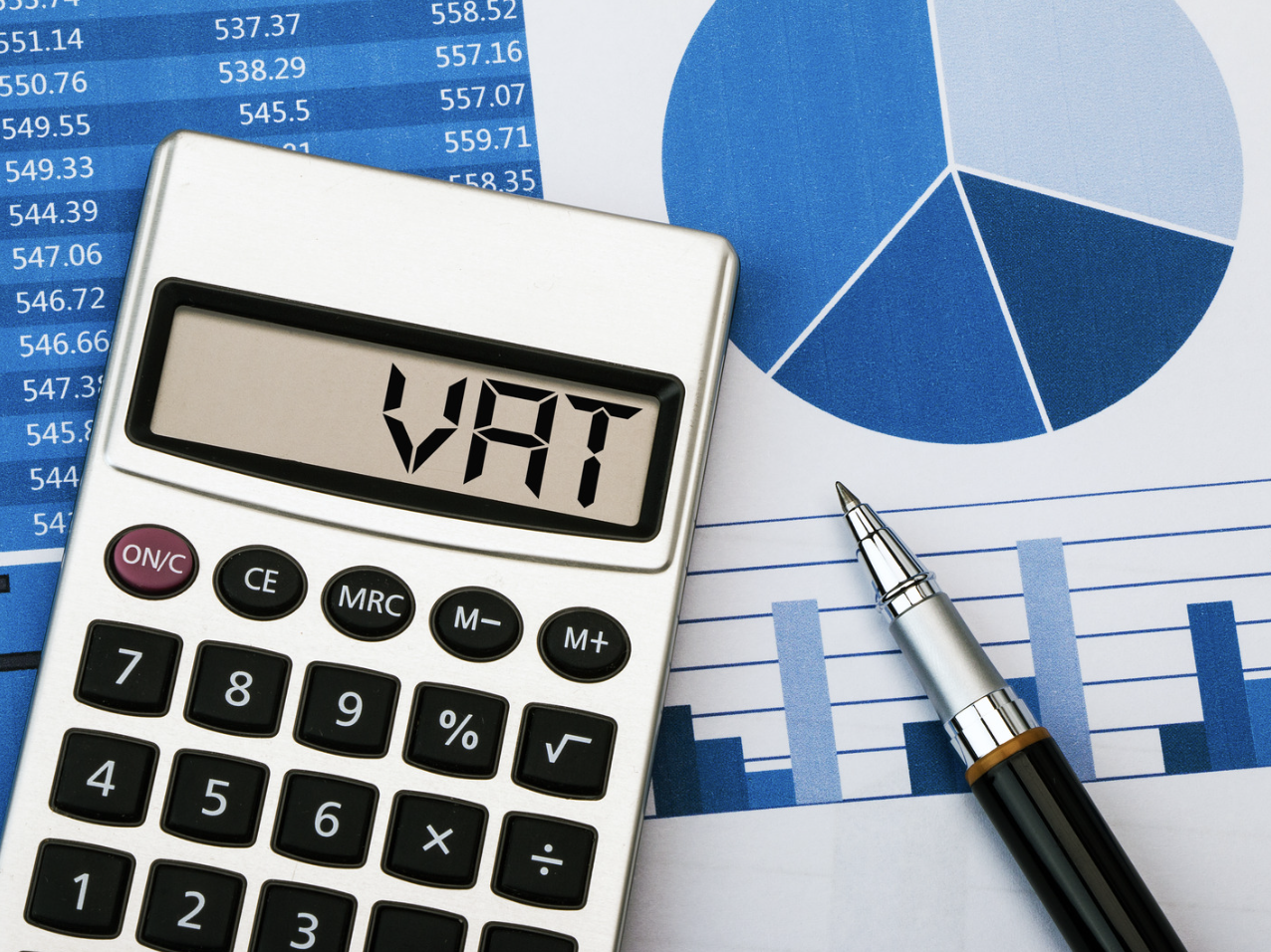The UAE Ministry of Finance has announced significant amendments to the country’s Value Added Tax (VAT) law, introducing new tax exemptions aimed at fostering investment and easing the burden on charitable entities. The changes, approved by the UAE Cabinet, include VAT exemptions for three key services: investment fund management, certain virtual asset services, and in-kind donations between government entities and charities.
Key Tax Exemptions
These services, previously taxed at the standard 5% VAT rate, will now be exempt, a move designed to enhance the investment climate, stimulate economic growth, and provide greater support to charities. In particular, in-kind donations between governmental bodies and charities, valued at up to Dh5 million over a 12-month period, will be tax-free, allowing these entities to maximize the benefits of the goods and services they receive.
Tightening Compliance and Deregistration Powers
In a further move to strengthen tax compliance, the Federal Tax Authority (FTA) has been granted the authority to deregister certain taxpayers in specific cases. This step is part of a broader effort to streamline tax administration and ensure compliance with UAE tax regulations.
Refining the UAE’s Tax Environment
Younis Haji Al Khoori, Undersecretary of the Ministry of Finance, emphasized that these amendments are part of ongoing efforts to refine the UAE’s tax environment. He stated, “The Ministry is committed to coordinating with stakeholders across both the public and private sectors to update regulations, which will further enhance the UAE’s business environment.”
The changes were designed in line with international best practices and the GCC Unified VAT Agreement, while also considering feedback from the business community and lessons from past experiences.
Legislative Alignment
The amendments align certain provisions of the VAT law with those introduced in Federal Decree-Law No. 18 of 2022, which had previously amended the original VAT framework set out in Federal Decree-Law No. 8 of 2017. These updates reflect the UAE’s commitment to maintaining a competitive and business-friendly tax environment, while supporting its long-term economic and social development goals.
With these VAT exemptions and compliance measures, the UAE aims to strike a balance between ensuring tax revenue generation and creating a supportive environment for businesses, investors, and charitable organizations. These reforms are expected to bolster investment, stimulate economic activity, and enhance the overall quality of life in the country.
- With Inputs From WAM





